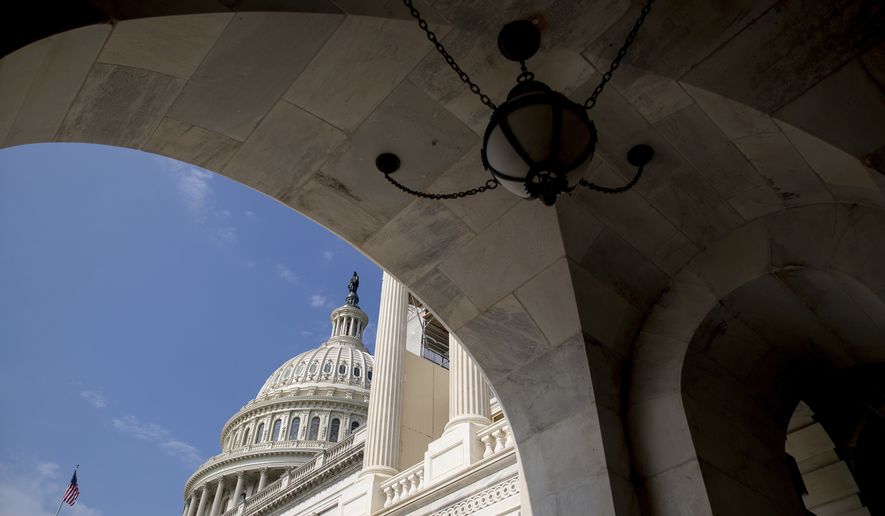Ahead of a contentious vote on his confirmation this week, David Bernhardt has become the latest target of environmentalists’ ire, with green groups and other critics charging that the deputy Interior secretary nominee failed to disclose lobbying work he did on behalf of California’s Westlands Water District while spearheading the Trump administration’s transition team at the Interior Department.
The issue came to a head late last week when the Campaign for Accountability, a nonprofit watchdog group, filed a formal complaint asking U.S. attorneys to investigate Mr. Bernhardt’s lobbying work last year. The group said Mr. Bernhardt, a Colorado native who served in the Interior Department during the George W. Bush administration and then led the natural resources law division at the D.C. law firm of Brownstein Hyatt Farber Schreck continued lobbying efforts even after formally terminating his lobbyist registration in mid-November to head transition efforts at Interior.
The controversy centers on Mr. Bernhardt’s work for Westlands, the largest agricultural water district in the country. Critics argue Mr. Bernhardt pushed — or, lobbied — administration officials to address California’s water issues while serving on the transition team.
“Sadly, it appears that Mr. Bernhardt is following a long-standing Trump Administration practice of ignoring ethics rules. The U.S. attorney should immediately investigate Mr. Bernhardt’s conduct and determine whether he violated lobbying disclosure laws,” said Daniel Stevens, executive director of the Campaign for Accountability.
The Interior Department has denied the accusations and said there’s an effort to smear Mr. Bernhardt ahead of his confirmation vote in the Senate on Monday, which is expected to largely break down along party lines.
“Strongly-worded press releases issued by special interest groups alleging any wrongdoing are patently false and are desperate attempts to stop the progress that is being made at the Department on behalf of the American people,” Interior press secretary Heather Swift said in a statement Friday.
But environmentalists, who already are dead-set on slowing down Interior Secretary Ryan Zinke’s agenda at the Interior Department, seized on the complaint to urge senators to kill the nomination.
“These disturbing revelations should slam the brakes on this confirmation,” said Noah Greenwald, endangered species director at the Center for Biological Diversity. “Bernhardt’s close ties to the very industries he’d be charged with regulating at Interior are bad enough. But now that it appears he may have violated federal lobbying law, this appointment should be a sunk ship.”
The controversy comes at a crucial time for the Interior Department. Mr. Zinke has become one of the administration’s most active officials, spearheading efforts to review national monument designations, to open up massive swaths of sea to offshore drilling, free federal land for oil, gas, and coal exploration, and oversee a monumental effort to repair the nation’s national parks.
Mr. Bernhardt, if confirmed, would play a key role in each of those efforts, and Republican senators have lined up behind the nominee and are arguing that it’s long past time to end the delays in the chamber.
“David Bernhardt has a deep understanding of Western land issues, and his expertise and experience will serve the Department well. Unfortunately, a partisan minority in the Senate continues to block Mr. Bernhardt’s nomination, and I hope that the confirmation process has not become a broken process that disincentives qualified people, like Mr. Bernhardt, who are held in high professional regard, from becoming public servants,” said Sen. Cory Gardner, Colorado Republican.
• Ben Wolfgang can be reached at bwolfgang@washingtontimes.com.




Please read our comment policy before commenting.